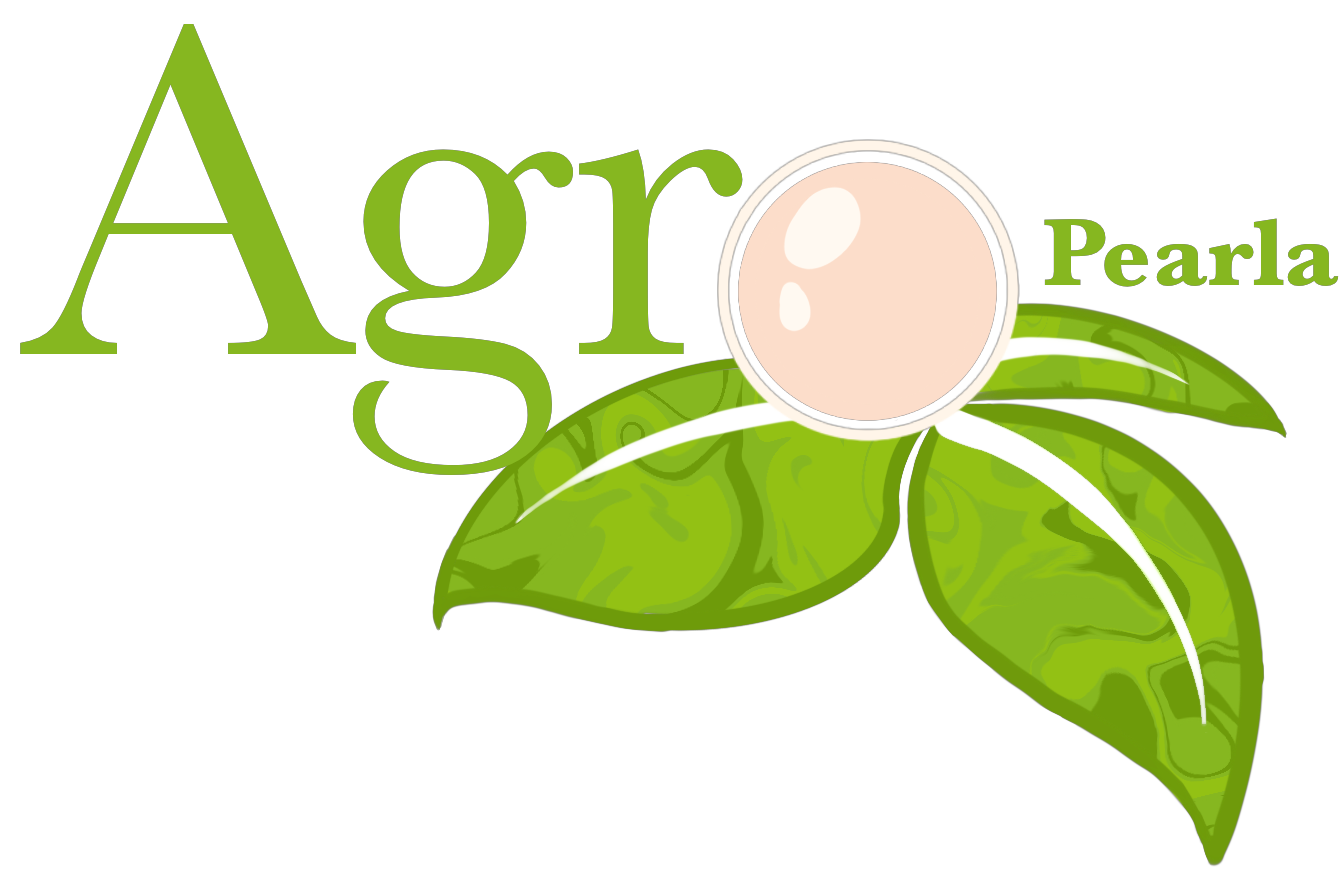Nitrogen Fertilizer: The Secret to Lush Growth and Higher Crop Yields

Nitrogen isn’t just another nutrient—it’s a fundamental building block of plant health! As one of the most critical elements in agriculture, nitrogen fuels healthy plant development, high productivity, and vigorous growth. Widely used in farming systems, nitrogen fertilizers can be the key to achieving top yields.
Why Nitrogen is Essential for Plant Growth
Nitrogen Powers Photosynthesis and Green Growth
At the heart of every healthy plant is nitrogen. This vital nutrient forms the backbone of chlorophyll, the green pigment that drives photosynthesis. With chlorophyll, plants can capture sunlight and convert it into the energy they need to thrive, especially in foliage growth. The result? More leaves, stronger stems, and a lush, green appearance.
In crops like corn or wheat, where leafy growth is essential for yield, nitrogen is indispensable. Without it, plants struggle to grow, and their leaves start to yellow—a classic sign of nitrogen deficiency that indicates an urgent need for this nutrient.
Recognizing Nitrogen Deficiency: Key Signs
Identifying nitrogen deficiency early can make a big difference. Here’s what to look for:
1. Yellowing of Lower Leaves: This early symptom, called chlorosis, affects older leaves as the plant moves its limited nitrogen to new growth areas.
2. Weak Growth and Reduced Yield: Without enough nitrogen, plants grow slowly, leading to smaller, less productive crops.
Regular soil testing can help you catch these signs early and take corrective action before yields suffer.
Top Nitrogen Fertilizer Options to Boost Growth
Selecting the right nitrogen fertilizer depends on your soil type and crop needs. Here are some of the best options:
1. Ammonium Nitrate: Popular and effective, this fertilizer contains a high nitrogen content (about 33%) and is quickly absorbed, making it ideal for fast growth in many crops.
2. Urea: Highly concentrated with about 46% nitrogen, urea is a versatile choice that dissolves easily in water, making it perfect for use in irrigation systems.
3. Calcium Nitrate: This option delivers both nitrogen and calcium, strengthening roots and improving disease resistance—especially useful for crops that need balanced nutrient support.
How to Use Nitrogen Fertilizer for Maximum Benefits
1. Start with Soil Testing: This will help you identify the precise amount of nitrogen your soil needs.
2. Apply in Early Growth Stages: Adding nitrogen at the beginning of the growing season supports strong root and stem development. In field crops, nitrogen is often incorporated into the soil before planting to boost early growth.
3. Divide Applications: Splitting nitrogen applications throughout the growing season can optimize its uptake, preventing nutrient loss through leaching or volatilization.
By following these practices, your plants get the right amount of nitrogen, just when they need it most.
The Benefits of Correct Nitrogen Use: Stronger Plants, Higher Yields
When used properly, nitrogen fertilizer is a powerhouse for plant growth. Here’s why:
1. Boosts Green Growth: Nitrogen-rich plants have more leaves and thicker stems, increasing their productivity potential.
2. Improves Crop Quality: Healthy, well-nourished plants are more resilient against drought and disease, producing stronger, more abundant yields.
3. Speeds Up Growth Cycles: For fast-growing crops like vegetables, nitrogen applications can accelerate maturity and lead to quicker, higher yields.
Conclusion: Nitrogen is a Must-Have in Your Fertilization Strategy
Using nitrogen fertilizer wisely can supercharge your crops, promoting robust growth, resilience, and higher yields. Regular soil testing and timely applications ensure plants get this essential nutrient for optimal growth.
